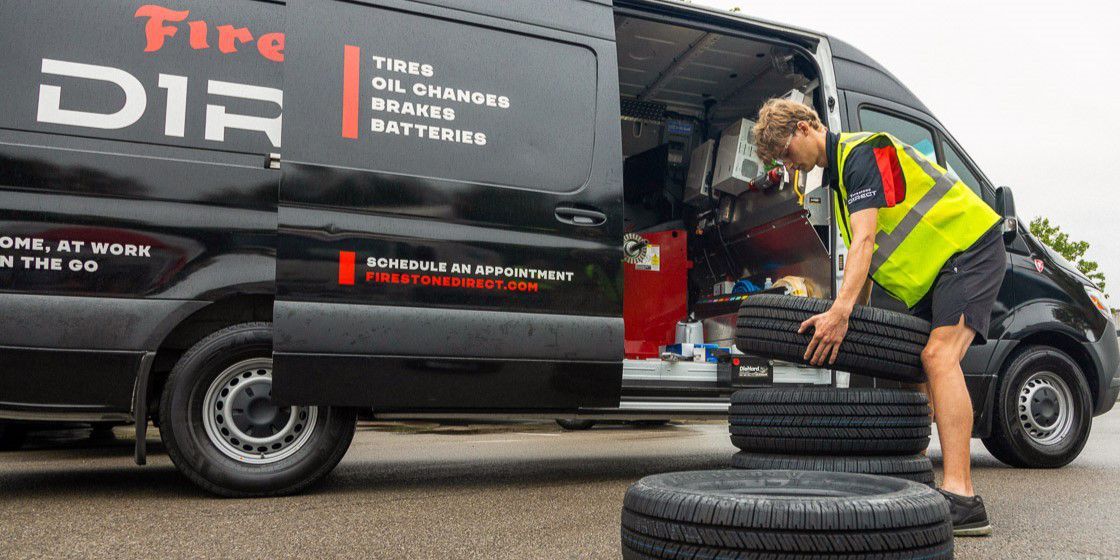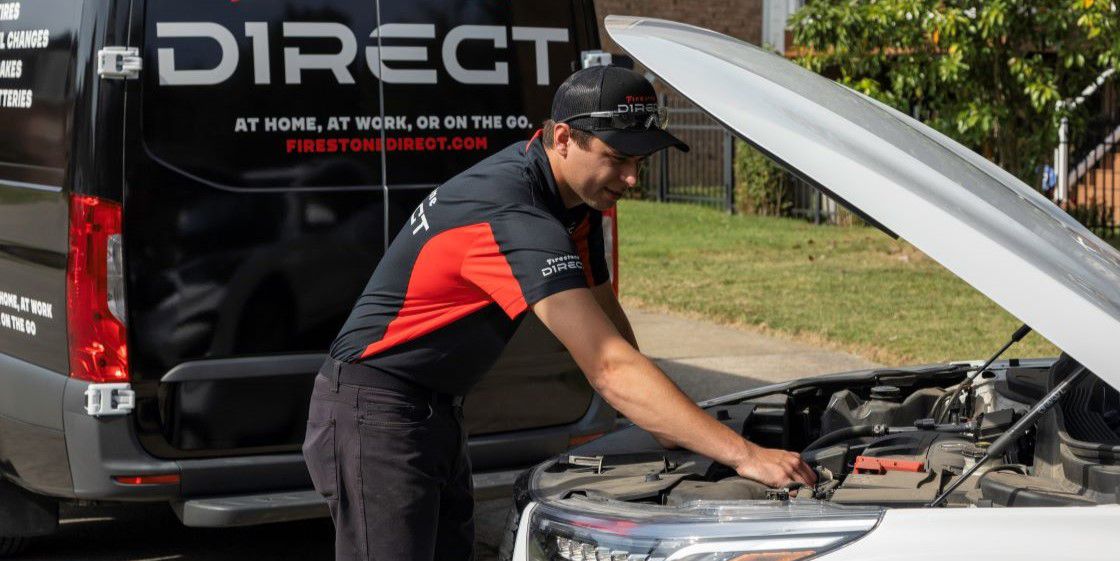Tire Maintenance
Varies
There are a few services that fall under the tire maintenance category, and they usually are done at different intervals. The bottom line is it’s important to pay attention to the condition of your tires and inspect them regularly. Here are four tire services that should be part of your maintenance schedule:
Tire pressure
Checking your tire pressure can be quick and easy. Some vehicles have a dashboard light to indicate tire pressure issues. Older vehicles may require a manual check with a tire pressure gauge. Either way, get in the habit of verifying your tires are maintaining the proper tire pressure at least once a month. This will help maintain optimal handling and fuel efficiency and prevent abnormal tread wear.
You can find the right tire pressure for your vehicle in the owner’s manual or listed on a sticker placed either on the vehicle's door jamb, inside the glove box door, or on the fuel door. If you notice your tire pressure keeps dropping below the recommended levels, you may have a slow leak. The experts at Firestone Direct can inspect and repair your tires if needed.
Rotation
Regular tire rotation helps ensure your tires wear evenly. It can also help you catch and fix other alignment and suspension issues before they cause additional, more expensive damage. Tire rotation involves taking each tire off and moving it to a different position on your vehicle. The right rotation pattern depends on the type of tires you have. The general guideline is to rotate your tires every 6 months or 5000 miles.
Alignment
Misaligned tires can lead to uneven tread wear and cause your tires to wear out prematurely. If your vehicle is pulling to one side, that’s a tell-tale sign you need an alignment service. In the absence of symptoms, having the alignment checked once a year is a good practice.
New tires
There’s no guarantee for how long your tires will last, but on average, five to six years is typical. Uneven tread wear and low tread depth are major signs that it’s time to get a new set. After you purchase a set of tires on our website, we’ll deliver and install them in one service appointment.


